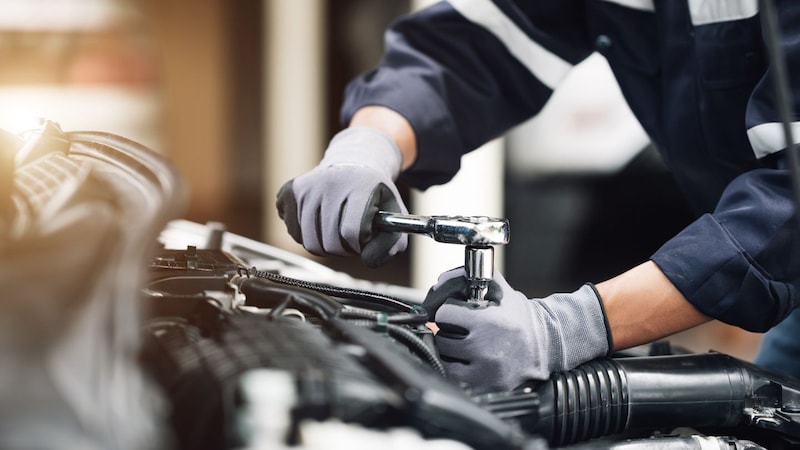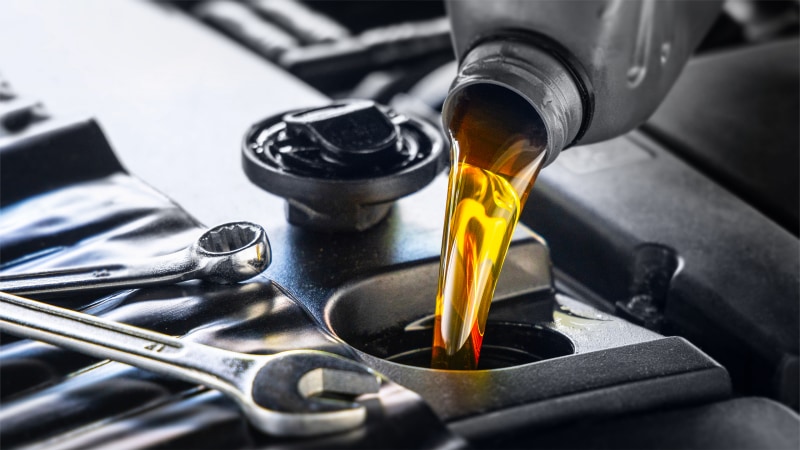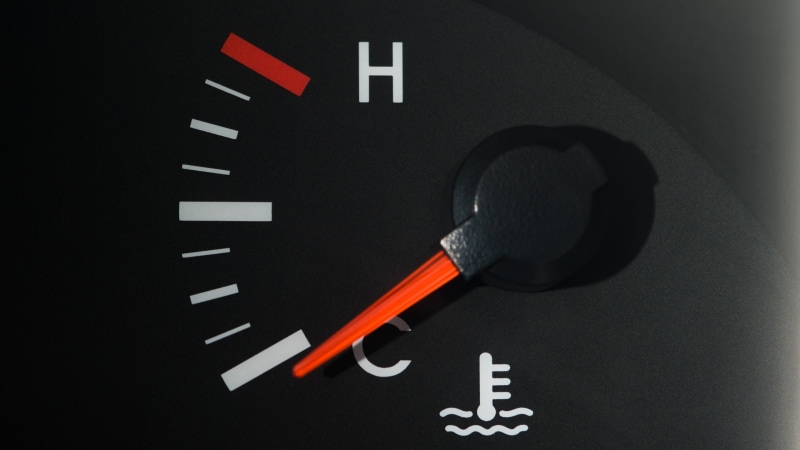How to find a good mechanic

Have you ever searched for “car mechanics near me,” but wound up none the wiser after sifting through the results? That’s because there’s a difference between knowing how to find a nearby mechanic and knowing how to find a good mechanic. After all, your beloved vehicle's maintenance and well-being are in their hands. It’s only natural to want to find a mechanic you feel you can trust.
Tips to find a car mechanic
When figuring out how to find a car mechanic, there are a few things you can look for to help evaluate their credentials.
Recommendations and reviews
One of the best places to start your search for a good mechanic is with your friends and family, since their recommendations are most likely to be trustworthy. If someone you know drives a similar car to you, their input may be even more helpful.
After that, you could turn to the internet to see what kind of reviews the mechanics near you have. The three- and four-star reviews may be especially worth looking at, as these reviews are more likely to have taken an objective view of that mechanic’s pros and cons.
It may also be helpful to try out a few different auto shops when smaller jobs come up, like a tire rotation or getting an estimate to fix a scratch, so you can test them out for yourself.
Certifications
Professional credentials and affiliations can help you find a good mechanic and there are several certifications and licenses a mechanic might carry. Here are a few things you might look out for:
- State business license: Some states may have laws that require repair shops to carry a state business license in order to operate. If your state falls into this category, it may be a good idea to ask to see that shop’s licenses to ensure everything is above board. If the shop offers annual inspections, they may also be required to have a state-issued license for this depending on the state you live in.
- Official business ratings: There are certain private organizations that specialize in providing the public with information about businesses. Having a high rating or accreditation with one of these services may indicate that this shop has a track record of satisfied customers.
- Certifications and affiliations through professional organizations: There are also independent associations and organizations specific to mechanics that typically require certificate holders to provide customers with a certain level of service or technical expertise.
- Specialty certifications: Finally, there are specialty certifications for specific types of cars or certain manufacturers. These can indicate the mechanic’s qualifications if you have a car that needs special attention.
Attention to details
A mechanic that grabs your keys and wheels your car away without a word may be a red flag. A good mechanic should take the time to get some details about the car from you first. They might seek to clarify:
- The issue that brought you in
- The observations you’ve made about your car in the last few days or weeks
- The vehicle’s general history
- The last date it was serviced
Transparency and service
Cars can be complicated, so finding a good mechanic who’s happy to openly answer your questions about the repair can be a huge help. They should be able to tell you their diagnosis of the issue, what the fix is (and why) as well as what kinds of costs you might be looking at. Some mechanics may even offer to walk you through the shop so you can see the issue or the repair for yourself — this is one potential sign that you’ve found a shop worth working with.
Smart questions to ask your car mechanic
Assuming you haven’t covered it already, it usually helps to ask your mechanic two main questions:
What repairs are required, and why?
As a car owner, it’s your right to understand what kinds of procedures are being recommended for your vehicle as well as the reasoning behind those recommendations. Your mechanic should hopefully be able to explain things in terms you can understand. If there’s something you didn’t understand, or want more details on, it’s OK to inquire further.
What will it cost, and why?
A trustworthy shop should be able to discuss costs without hesitation and help you understand exactly how they arrived at that estimate. By contrast, a shop that stalls when discussing costs or declines to provide an itemized estimate is probably not one to work with.
Independent repair shops vs. dealerships
Depending on how and where you bought your car, it’s possible you have an active warranty that allows you to get the car serviced at the dealership under the agreement. If this is the case for you, then your search for how to find a good mechanic just got a little simpler in terms of available options.
Independent repair shops may offer lower pricing than dealerships. This is partially a competitive business decision and partially because they have more flexibility to use generic parts instead of original equipment manufacturer (OEM) parts. Note that insurance companies may occasionally specify the type of part that needs to be used as a condition for approving a claim for payment.
In summary
With a little planning, finding a good mechanic doesn’t have to be difficult. It helps to start by gathering recommendations from friends, family and online reviews, and possibly testing out a few shops with minor repairs. It may help to look for certain professional certifications and affiliations, but these may not be worth as much if your mechanic can’t explain their diagnosis and itemize costs in a way you can understand.



